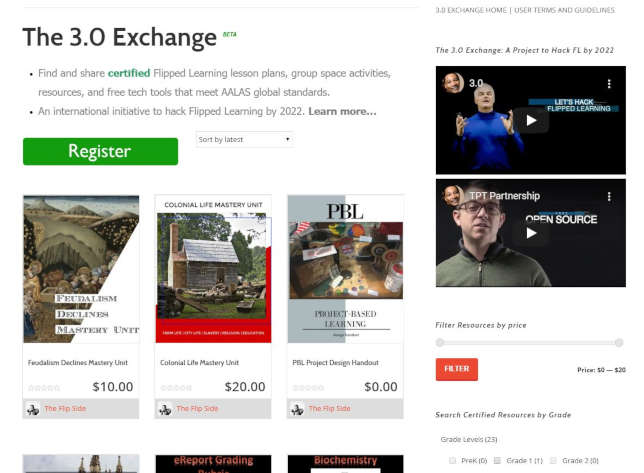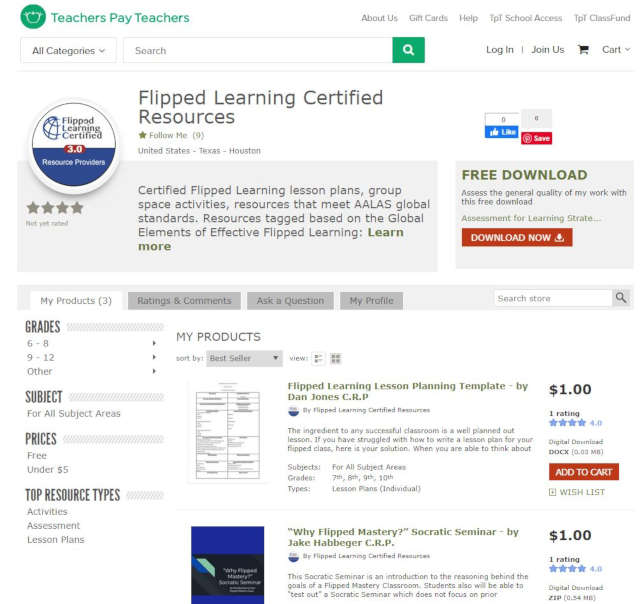2-Year Campaign Aims to Produce High-Quality Flipped Resources
- By Dian Schaffhauser
- 01/21/20
An organization dedicated to promoting the concepts of flipped learning in the classroom and training educators on the practices has kicked off a "two-year hackathon." The purpose of Hacking Flipped Learning (HackFL) 2022 is to produce and deliver "high-quality flipped learning resources" for the classroom. The initiative is being undertaken by the Flipped Learning Global Initiative and Teachers Pay Teachers.
According to the FL Global founder Jon Bergmann, the hackathon is intended to address the three barriers to adoption of flipped learning: lack of time, finding the right group space activity to meet the learning objective and "getting all the pieces to work together in and outside of your classroom."


The content developed through the initiative — lesson plans, group-space activities, tech tools and assessment resources — will be added to the 3.0 Exchange, a hub for the resources. While anybody will be able to find and download materials from the exchange, only educators who are certified in flipped learning by FL Global will be able to post their resources onto the site. Content may be made available free as open source or, through the partnership with Teachers Pay Teachers, available for a fee.
In a video about the project Bergmann said the exchange "ensures quality by only posting resources from certified flipped learning educators." It verifies that all resource submissions meet the Academy of Active Learning Arts and Sciences (AALAS) global standards before posting. And the exchange uses the GEEFL — the Global Elements of Effective Flipped Learning — table as a framework to match and label all the resources with the applicable elements of flipped learning.
"The result is that the 3.0 exchange is the easiest and simplest way to bring flipped learning practices to every flipped classroom everywhere in the world," noted Bergmann.
About the Author
Dian Schaffhauser is a former senior contributing editor for 1105 Media's education publications THE Journal, Campus Technology and Spaces4Learning.